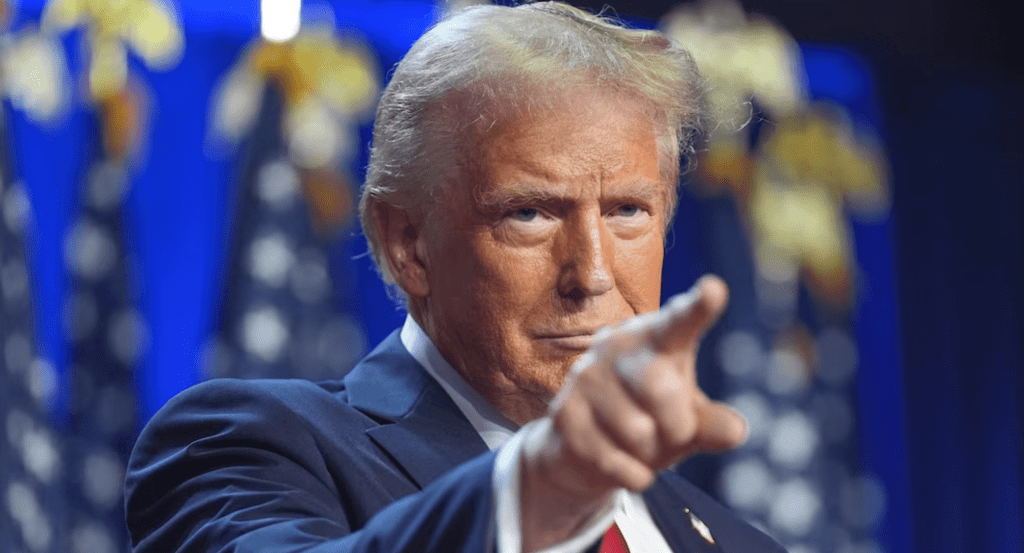Trump Threatens Iran Over Nuclear Deal Stalemate
President Donald Trump issued a stern warning to Iran on Friday, stating that “bad things” would happen if the country refuses to negotiate a new nuclear agreement. Speaking from the Oval Office, Trump emphasized that Iran remains a top priority, urging its leaders to come to the table before the situation escalates.
The remarks came shortly after Alina Habba was sworn in as the acting U.S. Attorney for the District of New Jersey by Attorney General Pam Bondi. Responding to a reporter’s question, Trump said Iran’s nuclear ambitions were a growing concern and reiterated his preference for a diplomatic resolution.
“We will have to talk it out or very bad things are gonna happen to Iran, and I don’t want that to happen,” Trump stated. “My big preference is that we work it out with Iran. But if we don’t work it out, bad, bad things are gonna happen to Iran.”
Iran Responds to U.S. Pressure
In an effort to push for negotiations, the Trump administration reportedly sent a letter to Supreme Leader Ali Khamenei in early March, setting a two-month deadline for a new nuclear deal.
Iran’s Foreign Minister Abbas Araghchi confirmed on Thursday that Tehran had responded through Oman, though details of the response remain undisclosed. The ongoing diplomatic tension follows years of stalled negotiations after the U.S. withdrew from the 2015 Iran nuclear deal in 2018 under Trump’s leadership.
U.S. Military Moves Amid Rising Tensions
While the U.S. maintains that it prefers diplomacy, recent military developments suggest Washington is also preparing for possible military action. Reports indicate that the Pentagon has deployed B-2 stealth bombers to Diego Garcia, a key U.S. military base in the Indian Ocean.
This move signals that the U.S. is positioning itself for potential strikes, should negotiations with Iran fail. The heightened military presence comes amid growing concerns that Iran may escalate its nuclear program if no agreement is reached.
DON’T MISS THIS: Crude Oil Prices Surge as Trump Imposes Tariffs on Venezuelan Buyers
Iran Issues Counter-Warnings
Iranian leaders have responded with strong rhetoric, warning the U.S. against military intervention. Last week, Ayatollah Khamenei dismissed Trump’s threats, stating that “threats will never achieve anything” and warning that America and its allies would suffer consequences in the event of an attack.
On Friday, Iran’s Parliament Speaker Mohammad-Baqer issued a fresh warning:
“Like powder kegs, America’s allies in the region and U.S. bases will be made unsafe if our country faces aggression.”
Iran has consistently vowed to retaliate against any U.S. attack, particularly targeting American military bases and allied nations in the Middle East.
What Happens Next?
The next few weeks will be critical in determining whether the U.S. and Iran can de-escalate tensions through diplomatic channels or whether the situation will lead to military conflict.
Trump’s warning and Iran’s defiant stance suggest that both sides remain deeply entrenched, making the possibility of an agreement uncertain. With the U.S. military making strategic deployments and Iran threatening retaliation, the situation remains volatile.




















